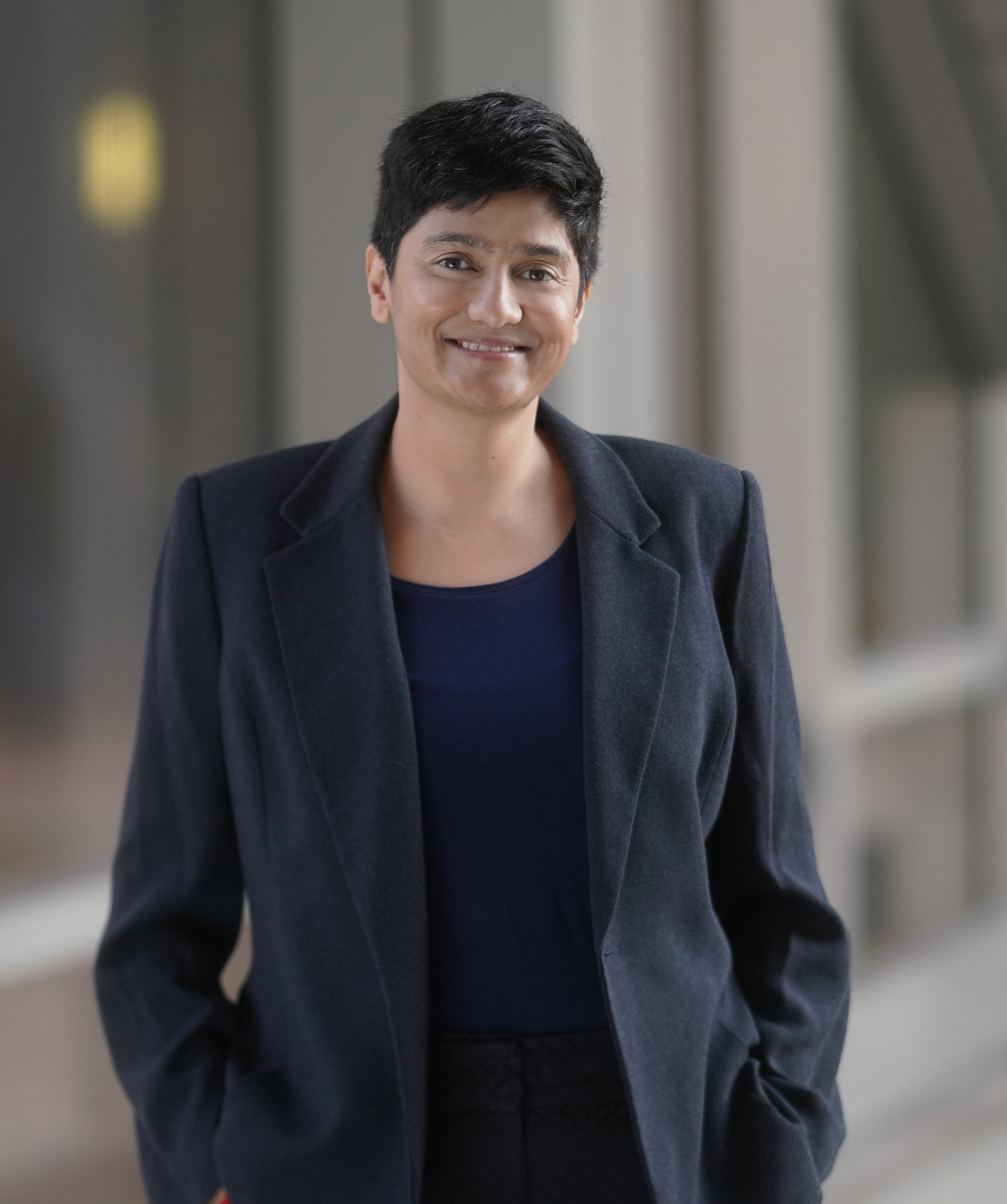Sarika Modi, M.D.
Educational Innovation/Educational Research Award
 Assoc. Program Director - Health Disparities & DEI
Assoc. Program Director - Health Disparities & DEI
Department: Department of Internal Medicine
Sarika Modi, M.D. received her medical degree from the University of Alabama. She first came to VCU for her internal medicine residency and joined the faculty after its completion in 2014. She is an accomplished faculty member contributing in many ways to our missions, but her key contributions have been in the curricula she has developed in the areas of diversity, equity, and inclusion (DEI).
Dr. Modi serves as the associate program director for health disparities and DEI in the Internal Medicine residency program. Through these roles she demonstrates how our work to be more inclusive as a profession can foster greater health equity for our community. Dr. Modi has developed a variety of novel community-based and community-engaging learning activities to teach concepts that are often challenging to teach in a way that is
acceptable and impactful to residents. Her success has led to subsequent expansion of responsibilities to include medical student educational engagement in the M1 and M3 years, and now includes a leadership role in creating educational content across the VCUHS GME programs. In recognition of her work, she received the outstanding teacher award for best teacher in the internal medicine ambulatory clerkship and the exceptional faculty team excellence award from the Center for Interprofessional Education and Collaborative Care at VCU.
Dr. Modi is the clinical lead for health equity across the campus. In this role, she works with representatives from administration, other professions, and the community to devise how VCU and VCU Health should be promoting health equity. She is shaping the future of how our institution and the community will work together to advance health equity and support greater justice for all of us. As an example of her innovative programs, she has designed a crucial part of the resident learner’s training with experiences that emphasize the local community and, by extension, the patients of our health system. Her innovations are exceptional in including many experiences that take the learners out of the conference room. Starting with intern orientation, learners complete a scavenger hunt whereby they learn and see the diverse neighborhoods surrounding our downtown campus, learning the history behind the neighborhoods where many of our patients live. In further exploration, they make direct observations and correlations with the community maps related to education, income, food access, mortality, and other factors associated with health outcomes. They go into the community and see first-hand the resources, obstacles, and limitations confronting our diverse community. They rotate in the safety net health clinics serving marginalized members of our community. These lived experiences add context and depth of understanding. As one learner explains, “A lot of great discussions helped me understand the real burden of poverty on our patients.”
Dr. Modi also “walks the walk” in her work as an active clinician in hospital medicine while also volunteering at area free and charitable clinics. She has received awards from the institution, statewide professional organizations, and for scholarship. Some of Dr. Modi’s insights and appreciation of our learners are summed up in her own words, “In the field of medicine, learners are often self-motivated, dedicated, and hard working. These students are wonderful to teach...to truly encourage critical thinking and change in behavior, I emphasize the application of this knowledge through small group discussions, case-based learning, improv exercises and other forms of active engagement.”